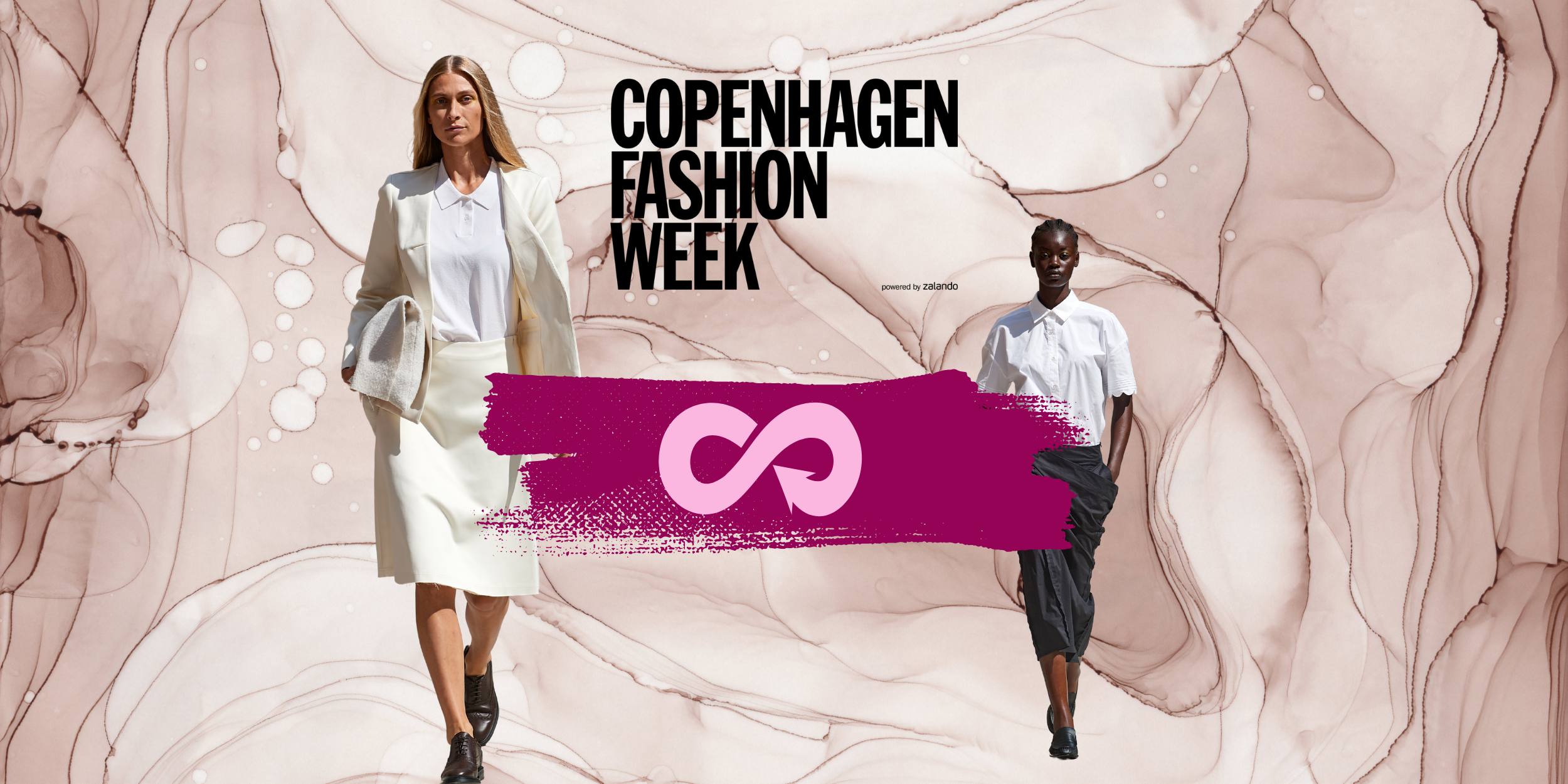We recently had the pleasure of attending a webinar hosted by Copenhagen Fashion Week on Sustainability Requirements: Minimum Standards for the Fashion Industry. The session offered invaluable guidance on building a more sustainable future in fashion events and laid out actionable practices that every festival and event in the fashion world could adopt.

Copenhagen Fashion Week has solidified its commitment to sustainability through stringent Minimum Standards that brands must meet to be part of their official show schedule. These standards span six focus areas—Strategic Direction, Design, Smart Material Choices, Working Conditions, Consumer Engagement, and Showcase Production—all designed to foster sustainable practices from ideation to showcase. Here’s a breakdown of the most critical takeaways and initiatives highlighted in the session.
Every brand must demonstrate a formally approved sustainability strategy that encompasses both environmental and social considerations, signed off by leadership. This includes regular monitoring of progress, which is shared publicly, promoting accountability and transparency.
Diversity and Inclusion (D&I) initiatives are encouraged, particularly in hiring practices for management roles. This focus on workplace inclusivity extends to all participants in the fashion ecosystem, cultivating a respectful and representative industry.
Designers are expected to incorporate circular design principles that ensure repairability, recyclability, and reusability, reducing waste from the outset. This aligns with consumer expectations for products that are built to last and adaptable to future needs.
CPHFW advocates for brands to go beyond merely creating new collections by also educating consumers on product care, thus extending the lifespan of each item.
At least 60% of each collection must consist of certified, preferred, or deadstock materials, including considerations for materials of animal origin. This ensures that brands prioritize materials with lower environmental impacts, reinforcing CPHFW’s dedication to ethical production.
To comply, brands must maintain an updated list of restricted substances in line with EU REACH requirements and exclude the use of exotics (like virgin fur and wild animal skins), fostering transparency about material sourcing.
Adopting international standards for worker safety and fair treatment, including Code of Conduct (CoC)adherence, is paramount. CPHFW’s guidelines include regular supplier audits, wage tracking, and anti-discrimination policies.
Brands must also create a healthy working environment, which entails offering leadership and DEIB (Diversity, Equity, Inclusion, and Belonging) training and establishing complaint mechanisms that empower all team members to voice their concerns safely.
Customer Education: Brands are encouraged to educate consumers on their sustainability practices using multiple platforms. From in-store information to digital content, it is crucial that consumers understand a brand’s sustainable initiatives (CPHFW Minimum Standards webinar).
Interactive and Sustainable Engagement: Programs like take-back schemes, repair services, and workshops on garment care foster consumer loyalty while promoting sustainability through prolonged product use (CPFW Survey Guide).
Showcase and backstage production must adhere to strict zero-waste principles, which include eliminating single-use plastics and renting props to avoid waste. All leftover props are repurposed or rented out again, ensuring no resources go to waste (CPFW Survey Guide).
Venues are chosen with accessibility and environmental standards in mind, ensuring that every event respects not only the planet but also the comfort and safety of attendees. Non-alcoholic drinks, organic foods, and accessible, quiet zones are some of the accommodations to enhance the guest experience (CPHFW Minimum Standards Webinar).
Given the insights from CPHFW’s Sustainability Requirements, here are essential practices every fashion event could implement:
Create Accountability Structures: Formalize sustainability and DEIB policies, establish oversight mechanisms, and make these commitments public. This transparency builds consumer trust and encourages ongoing improvement.
Promote Circular Design: Design shows with circular principles that include rental props, zero-waste showcases, and end-of-show recycling initiatives. Demonstrate these efforts to audiences to educate and inspire sustainable practices.
Foster Consumer Education: Provide educational materials on sustainable garment care, recycling, and repair options to help attendees make environmentally friendly choices. Encourage brands to host workshops that allow consumers to engage directly with sustainability practices.
Ensure Ethical Material Use: Avoid materials that have adverse impacts on the environment or human rights. Use only certified materials, and establish preferred material lists that make it easier for consumers to make eco-conscious choices.
Select Eco-Friendly Venues: Choose venues that comply with green building standards and offer facilities accessible to all. Use digital alternatives to reduce physical handouts, goodie bags, and merchandise that typically generate waste.
By following CPHFW’s lead and implementing these Minimum Standards, every fashion event can contribute to a more sustainable, equitable future for the industry. The insights provided by Copenhagen Fashion Week offer an essential roadmap for festivals and showcases worldwide to reduce their environmental impact while promoting a culture of sustainability and inclusion.
For further information, you can reach out to the CPHFW Sustainability team: sustainabilityrequirements@copenhagenfashionweek.com